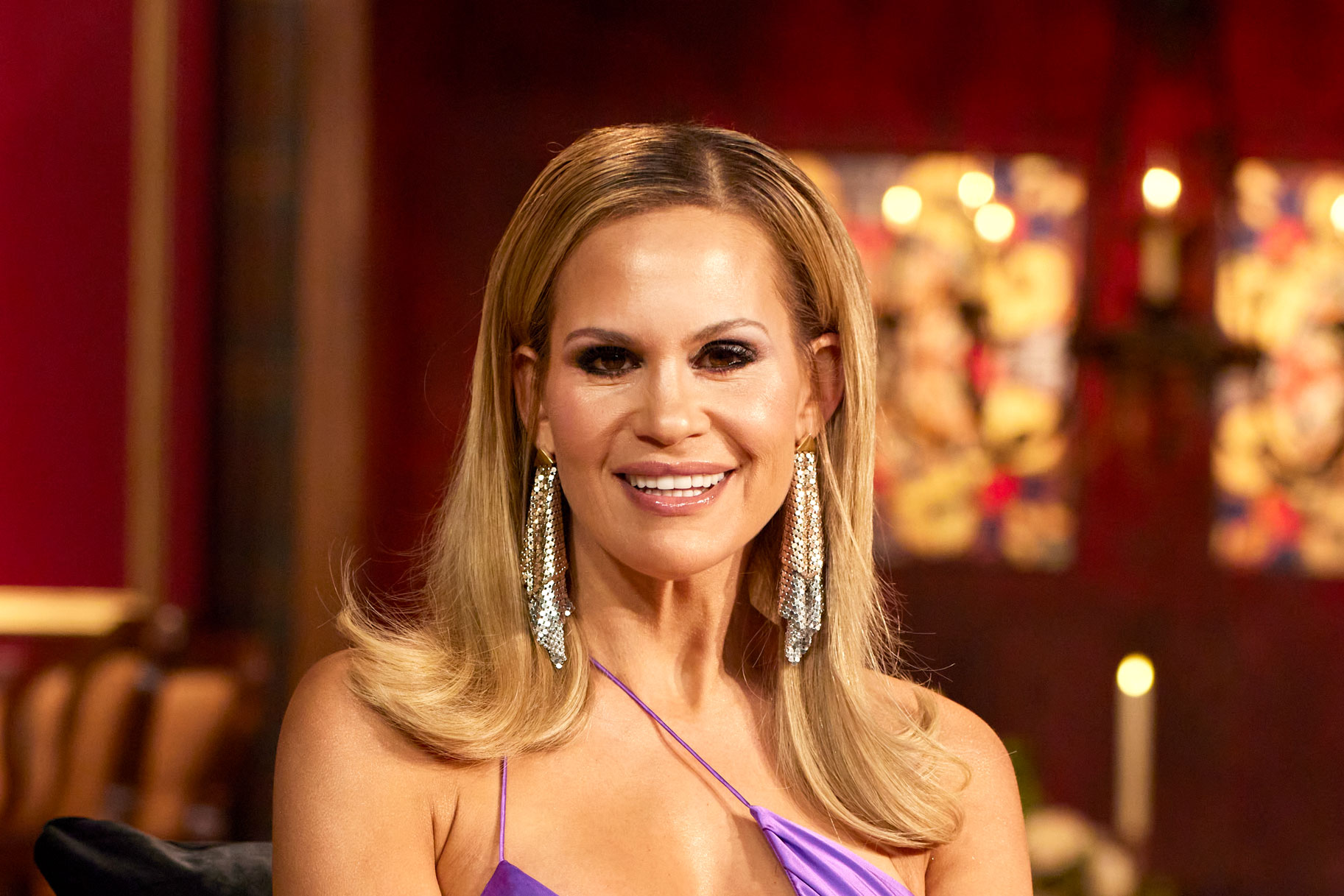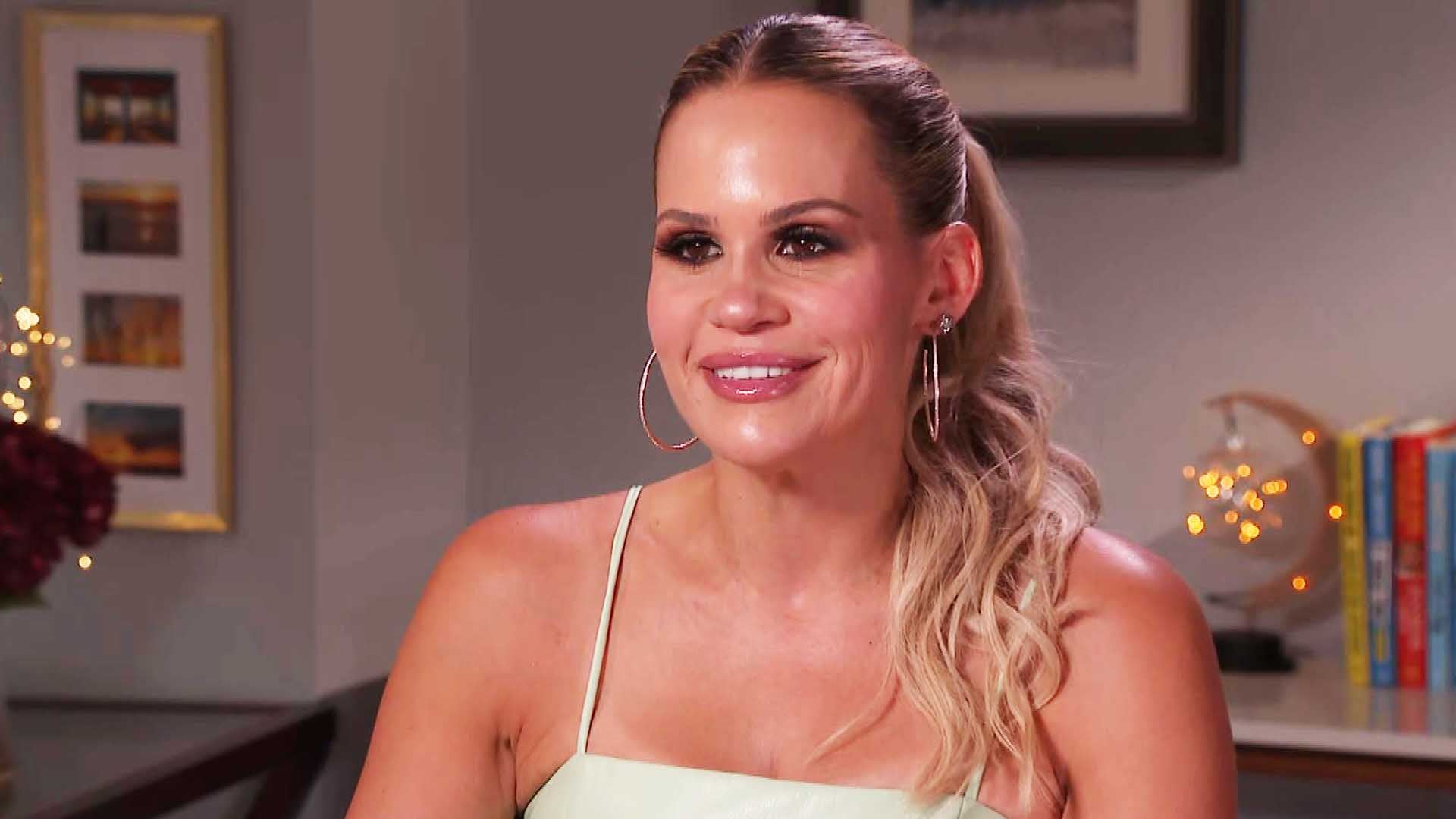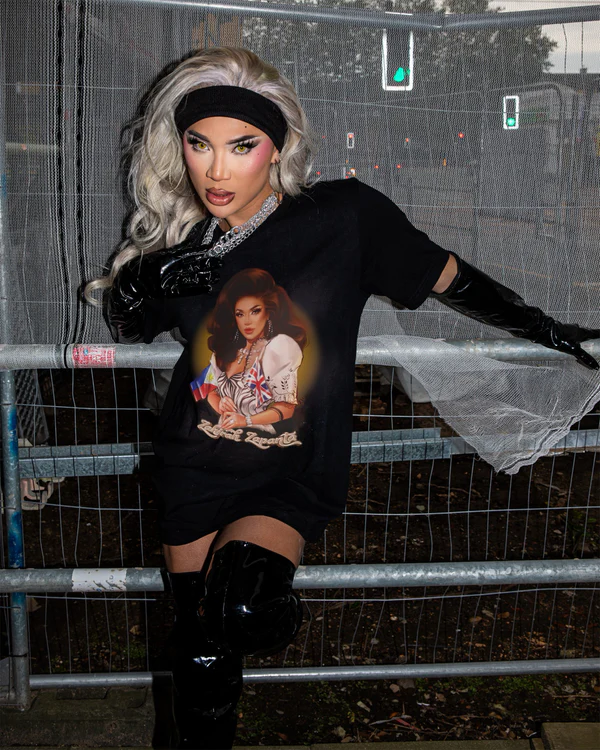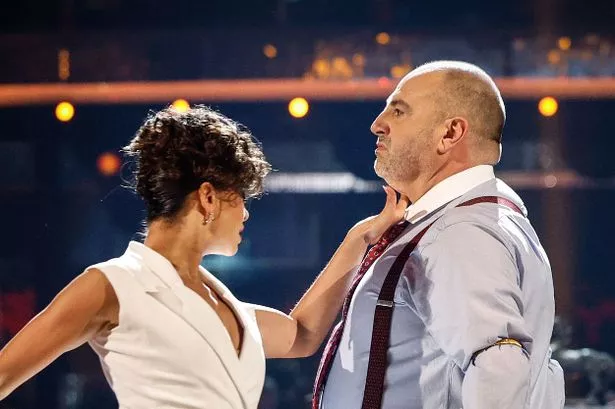In a society obsessed with appearances, public figures often endure relentless scrutiny over their looks. Jackie Goldschneider, the star of The Real Housewives of New Jersey (RHONJ), recently took a stand against body shaming, offering a powerful and inspiring message about resilience, self-love, and the journey to recovery.
Here's ads banner inside a post

Standing Up to Body Shamers
Jackie Goldschneider didn’t hold back when addressing the slew of comments she received after sharing photos from her Jingle Ball appearance. In a TikTok video, she revealed that many called her “plump,” “juicy,” or “full-figured.” Though some may have intended these remarks as compliments, Goldschneider saw them for what they truly were: unhelpful and inappropriate.

Here's ads banner inside a post
“You can compliment me without commenting on how much weight you think I’ve gained or what you think of the size of my body,” she asserted. Her words served as a reminder that even seemingly positive comments about weight can carry damaging implications, particularly for someone who has battled an eating disorder for decades.
From Anorexia to Recovery
For over 20 years, Jackie lived with anorexia, a condition she courageously detailed in her memoir, The Weight of Beautiful. She described a life ruled by strict dietary rules and compulsive exercise, where every moment was dictated by the pursuit of thinness. “There was no flexibility, no days off, and no indulgences,” she wrote, recounting how this relentless regime followed her through major life events like marriage, infertility struggles, and motherhood.

Here's ads banner inside a post
The secrecy surrounding her disorder only deepened its hold. But stepping into the spotlight on RHONJ became an unexpected turning point. Jackie admitted that being on the show made her accountable not just to herself, but also to others. “The show did help me recover,” she shared. “I don’t think I would have recovered if I was the only one holding myself accountable.”
Challenging Unrealistic Beauty Standards
Goldschneider used her platform to challenge harmful beauty standards perpetuated by social media. She pushed back against the notion that a healthy, natural body could ever be considered “big” or “full-figured.” “If you think my body size is big, I suggest you sign off of social media and look around the real world,” she said. Her message was clear: real women’s bodies don’t conform to the distorted ideals often celebrated online.

She also spoke candidly about the growing use of weight-loss medications like Ozempic. While acknowledging that everyone has the right to make their own choices, Goldschneider emphasized that she was committed to a different approach. “Humans are meant to feel hunger and eat food. They are not meant to be skin and bones,” she declared, reinforcing her belief in the importance of nourishment and balance.
The Importance of Mindful Conversations
Jackie’s message extended beyond her personal experiences, as she called for greater sensitivity in how we talk about bodies. She urged parents to avoid commenting on their daughters’ body sizes, instead focusing on qualities that have nothing to do with appearance. “If you have a daughter, I beg of you, don’t compliment her by telling her the size of her body is bigger,” she said. Such comments, no matter the intention, can leave lasting emotional scars.

She also pointed out the futility of commenting on weight gain, reminding her audience that individuals are usually well aware of any changes in their bodies. “If somebody’s gained weight, I guarantee you they know it,” she said, advocating for a culture of compassion and respect rather than unsolicited opinions.
Finding Strength in Vulnerability
Jackie’s willingness to address her struggles openly has made her a role model for many. Her response to body shamers wasn’t just a defense of her own progress but a declaration of pride in her recovery. “I recovered from 20 years of anorexia, and I am so proud of myself,” she stated. “I also happen to think that my body is strong and beautiful, and, frankly, it’s a work of f—ing art.”

Her journey is a testament to the strength that comes from vulnerability. By sharing her story, Jackie has created a space for others to feel seen and supported, encouraging them to prioritize their mental and physical health over societal expectations.
The Role of Community in Recovery
While being on a reality show brought her struggles into the public eye, it also gave Jackie a community that held her accountable. Fellow cast members, such as Margaret Josephs and Jennifer Aydin, expressed concern for her wellbeing, which Jackie credits as an important factor in her recovery. “I don’t think I would have recovered if I didn’t have the show pushing me to confront my struggles,” she said.

This public accountability, combined with her own determination, helped Jackie take the steps necessary to regain control over her life. Her experience serves as a powerful reminder of how support and community can make all the difference in overcoming personal battles.
A Message of Hope
Jackie Goldschneider’s journey from battling anorexia to reclaiming her strength is nothing short of inspiring. Her refusal to let body shamers undermine her progress speaks to her resilience and confidence. Through her words and actions, she has shown that recovery is possible, even after decades of struggle.

In a world that often prioritizes appearance over substance, Jackie’s story is a rallying cry for change. It’s a call to embrace authenticity, challenge unrealistic beauty standards, and prioritize health over societal expectations. As Jackie continues to thrive, her message remains clear: self-love, strength, and compassion are what truly define beauty.


